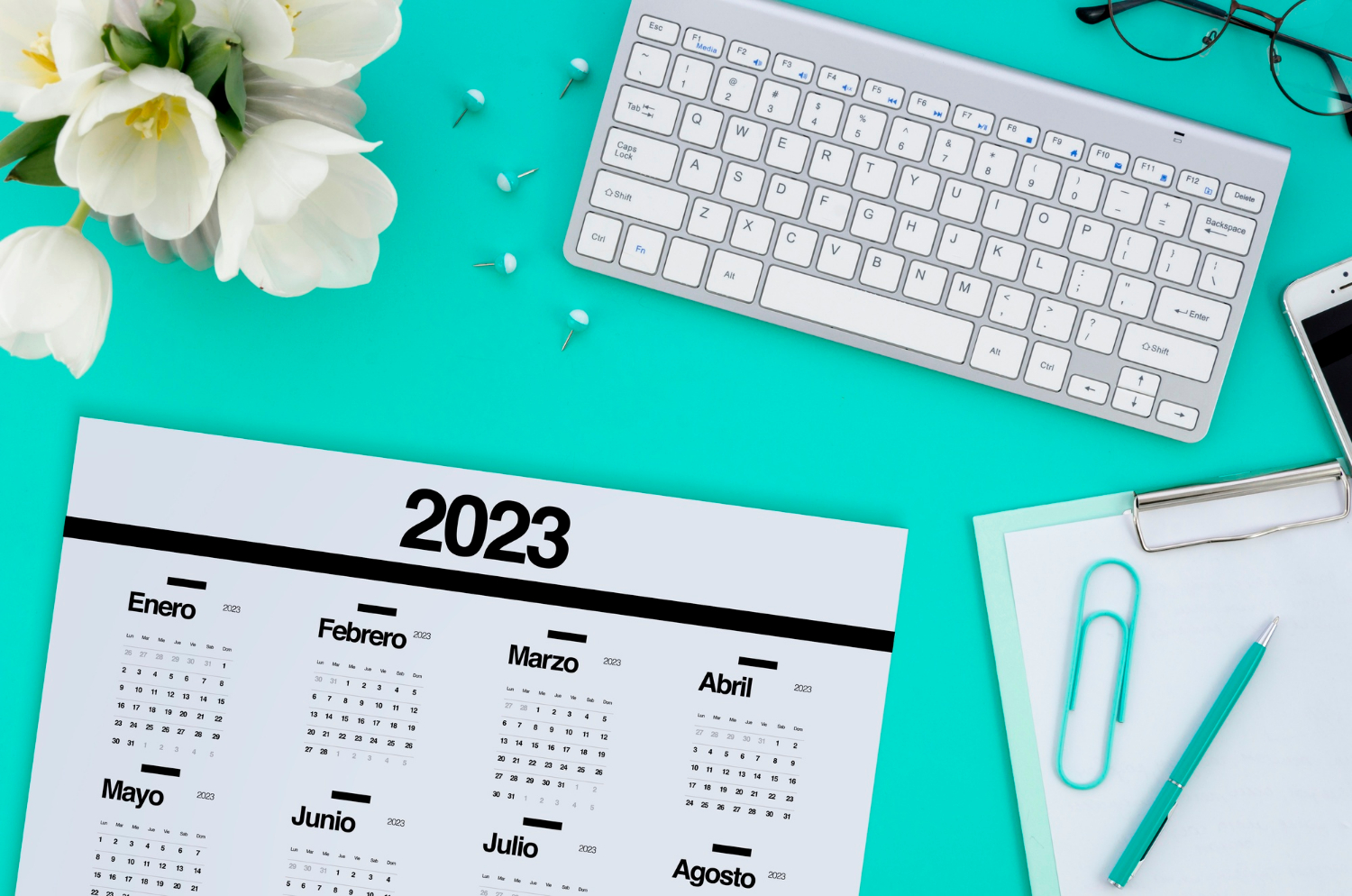Security Check
Contact Information
Payment Details
Filing your Self-Assessment Tax Return is as easy as 1 | 2 | 3
1. Answer a few questions regarding your income and expenses
We've made the tax filing process more accessible by designing a straightforward and jargon-free tax questionnaire. It includes helpful tips for step-by-step guidance, and you'll only need to respond to questions that pertain to your particular circumstances.
2. Submit and file your income tax return securely with HMRC
Accountant Services' self-assessment filing software is officially recognized by HMRC, signifying that it has undergone testing and is integrated with HMRC through an electronic link. Your tax return is submitted instantly as soon as all the required information is provided.
3. Get unlimited support throughout your filings from an experienced team
Our customer experience team is readily available during office hours via chat, email, and phone to enhance your filing experience and provide assistance if needed while using the software.
Who needs to register for Self Assessment
Before you can proceed with filing a tax return, it's essential to obtain a UTR number as HMRC requires it to set up your account.
Latest Articles


Accountant
What does an Accountant do? Accountants use numbers and financial statements to paint a picture of the health of a company, organization, or individual. An accountant monitoring and recording the


Mini Budget
Jeremy Hunt unveiled his much-anticipated Autumn Statement – not many rabbits in hats this time around since almost all the announcements had already been briefed to the media. As expected,


Spring Budget March 2023
The Chancellor delivered his Spring Budget on 15th of March 2023 alongside a forecast from the Office for Budget Responsibility (OBR). The statement covered the state of the UK’s economy and outlined
Frequently Asked Questions
- You are self-employed (a ‘sole trader’) and earned more than £1,000 in the previous tax year.
- You are a partner in a business partnership.
- You are a company director.
- You are renting out a property.
- You have taxable income from savings.
- You have investments.
- You receive dividends.
- You have a foreign income.
- You want to claim some Income Tax Relief.
- You have other non-taxed income at source.
- You have annual income of £100,000 or more before tax.
- You have capital gains or losses to claim.
An accountant will review your data to ensure accuracy and can provide guidance on any questions you may have. They bring expertise in preparing tax returns and can assist in identifying applicable tax regulations.
Additionally, accountants possess knowledge about the tax system and legislation, enhancing your tax planning. They can also facilitate communication with HMRC and assist in resolving disputes, potentially preventing legal action.
The deadline for paper submissions is midnight on the 31st of October in the same year. For instance, for the tax year ending on the 5th of April 2023, the paper submission deadline is the 31st of October 2023.
In the present day, many individuals opt for online tax return filing. The submission deadline for online returns is midnight on the 31st of January of the following year. For example, for the tax year ending on the 5th of April 2023, the online submission deadline is the 31st of January 2024.
Late Submission Penalties:
- Missing the submission deadline incurs a flat penalty of £100.
- Being 3 months late results in a daily penalty of £10 per day, up to a maximum of £900, in addition to the initial £100 penalty.
- Being 6 months late incurs an additional penalty of 5% of the tax due or £300 (whichever is greater).
- Being 12 months late incurs yet another additional penalty of 5% of the tax due or £300 (whichever is greater).
Late Payment Penalties:
- If your payment is late by more than 30 days, you’ll be charged 5% of your tax.
- Being 6 months late with the payment results in a penalty of 5% of the outstanding tax.
- Being 12 months late with the payment leads to an additional penalty of 5% of the outstanding tax at that time.
Remember, you have the option to appeal against a penalty if you have a reasonable excuse.
line for paper submissions is midnight on the 31st of October in the same year. For instance, for the tax year ending on the 5th of April 2023, the paper submission deadline is the 31st of October 2023.
In the present day, many individuals opt for online tax return filing. The submission deadline for online returns is midnight on the 31st of January of the following year. For example, for the tax year ending on the 5th of April 2023, the online submission deadline is the 31st of January 2024.


